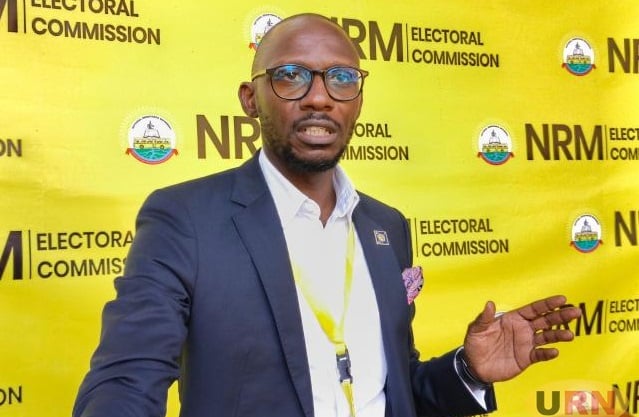As Uganda edges closer to its 2026 general elections, the National Resistance Movement (NRM) finds itself at a critical crossroads.
The party has officially begun issuing rulings on the flood of petitions arising from its recently concluded and highly contested parliamentary primaries a move that is being widely viewed as a test of the party’s ability to restore internal trust and uphold democratic credibility.
Over the past several weeks, NRM’s internal electoral process has come under intense scrutiny, with multiple high-profile party members including ministers and longtime MPs, filing formal petitions alleging irregularities, ballot tampering, voter intimidation, and systemic mismanagement.
The extent of the grievances not only exposed deep cracks within the ruling party but also raised questions about its readiness for national elections.
According to Enock Barat, Director of Legal Services at the NRM Secretariat, the party’s internal tribunal has now begun the task of delivering verdicts to petitioners and respondents.
Verdicts are being disseminated via WhatsApp, email, and hand-delivery, signaling the party’s intention to fast-track the process and close ranks before election season officially heats up.
However, the stakes are high. For the NRM, the dispute resolution process is not just about correcting electoral mishaps it’s about rebuilding internal legitimacy, especially in constituencies where allegations of vote-rigging have fueled deep discontent among party loyalists.
The tribunal, which began formal sittings on July 29, 2025, has already concluded hearings on parliamentary-related petitions and is now turning its focus to unresolved disputes involving district chairpersons and local councilors.
The goal, officials say, is to wrap up all rulings by September 1, ahead of the party’s national mobilization campaigns.
The party leadership, in an apparent bid to reassure members of impartiality, constituted a separate legal tribunal composed of 29 lawyers, led by John Musiime a move prompted by rising concerns over the neutrality of the NRM Electoral Commission Chairperson, Dr. Tanga Odoi, who oversaw the primaries in question.
Divided into eight panels, the tribunal is mandated to process the cases independently, offering what the party describes as a fair and transparent hearing.
Petitioners are required to serve complaints to their opponents, while the tribunal ensures notification through mainstream and digital channels.
Even so, many within the party remain skeptical.
Critics argue that unless firm disciplinary actions follow the tribunal’s rulings especially in cases where blatant manipulation is found the process risks being perceived as cosmetic rather than corrective.
Barata revealed that Dr. Tanga Odoi is expected to release a full list of all filed and resolved petitions, a step the party says is aimed at enhancing transparency.
But whether that will satisfy disillusioned members is yet to be seen.
The aftermath of the 2025 primaries has already left the NRM with significant wounds.
In several districts, grassroots supporters have threatened to defect or support independent candidates, while others have accused the party of betraying its own electoral guidelines.
As the first wave of tribunal rulings go out, attention now turns to how the affected candidates will respond — and whether the party’s internal mechanisms can bring closure or instead inflame tensions further.
For a party that has ruled Uganda for nearly four decades, how it navigates this moment could define not only its electoral performance in 2026 but also its internal unity for years to come.
By Ben Musanje
5th Aug 2025
END

